The UAE Information Assurance Regulation Audit Services are essential for businesses operating within the United Arab Emirates (UAE). The IAR states that organizations need to have specific security measures in their digital assets to secure sensitive information from cyberattacks. So, to achieve this compliance, businesses take the help of third-party security audit companies, who check their system for vulnerabilities and suggest steps to fix them.
In 2022, two-thirds (66%) of UAE businesses reported multiple breaches in their organization from cyberattacks. Therefore, the Telecommunications and Digital Government Regulatory Authority (TDRA) UAE established the IAR in 2014 to protect critical data and ensure that the organization is protected against cyber threats.
In this blog, we are going to cover everything related to the UAE IAR framework, its requirements, and how penetration testing service is the best way to achieve this compliance.
What is the UAE Information Assurance Regulation (IAR)?
The UAE Information Assurance Regulation (IAR) is a set of rules and guidelines designed to help organizations in the UAE protect their sensitive information. In a digital world where data breaches and cyber threats are fairly common, the UAE IAR aims to ensure that companies follow best practices for information security.
The IA Regulation covers a wide range of aspects related to information security, such as how to handle, store, and protect sensitive data. It requires organizations to implement security measures like strong passwords, encryption, access controls, and regular security updates to prevent unauthorized access to the data.
Why Does UAE IA Regulation Matter for Businesses in the UAE?
The major reason UAE IA Regulation matters is because it protects organizations from data breaches and cyberattacks. Here are the benefits of complying with the UAE IA Regulation:
- Protect Sensitive Information: By following the guidelines of the UAE IA Regulation, organizations can implement necessary security measures that secure sensitive information, such as customer details, financial records, and confidential business plans.
- Prevent Cyber Risks: The UAE IA Regulation involves risk assessment, vulnerability detection, and security audits. These processes are responsible for identifying and mitigating security flaws and preventing cyber risks.
- Legal Compliance: The UAE IA Regulation is a framework that comes with legal obligations. Organizations operating in the UAE need to achieve this UAE Information Security Compliance or else face legal penalties, fines, and more.
- Adapt to Technological Changes: The UAE IA Regulations framework evolves with technological advancements and the changing nature of cyber threats. As a result, businesses can stay ahead of emerging security risks and vulnerabilities.
- Build Trust: By following and complying with the UAE IA Regulation, you show your commitment to information security. this helps you gain the trust of your clients, partners, stakeholders, and customers, giving you a competitive advantage.
What are the UAE Information Assurance Standards?
The UAE’s National Electronic Security Authority (NESA) is given the task of developing and monitoring the UAE Information Assurance Standards (IAS). The IAS is a part of the National Information Assurance Framework (NIAF), which itself comes under the Critical Information Infrastructure Protection (CIIP) Policy.
The UAE IAS is primarily based on ISO 27001:2005, along with some additional controls taken from ISO 2700:2013. Some controls are also taken from NIST, while others are fairly new like cloud security and BYOD security.
Organizations in the UAE need to comply with the common and specific IAS standards, related to their industry sector. To comply, organizations need to carry out risk assessments, implement security controls, monitor those controls, and ensure continuous improvement.
What are the Requirements for the UAE IAR Compliance?
The UAE IAR compliance requirements are mostly divided into 2 categories: Management controls and Technical Controls.
Management Controls:
This helps you implement and maintain an Information Security Management System (ISMS) like incident response, infrastructure security, business continuity management, risk assessment, asset management, access control, and awareness training.
Technical Controls:
It helps you implement necessary security measures to protect information and assets from unauthorized usage, alteration, disclosure, or disruption through application security, data security, network security, infrastructure security, and cryptographic controls.
How to Comply with the UAE IA Regulation
To comply with the UAE IA Regulation, the TRDA demands organizations to perform regular security audits or penetration testing, as these services can help improve the security posture.
- Implement and maintain information security measures.
- Identify and assess risks and implement robust security controls.
- Comply with sector-specific IAR requirements, such as security controls to address sector-specific risks.
- Monitor and review the implemented controls constantly
- Create an information security incident management policy to find and mitigate cyber risks.
Benefits of UAE Information Assurance Regulation Audit Services
The main goal of UAE Information Assurance (IA) Regulation audit services is to check the organization’s current security measures and detect the flaws in them. Additionally, it provides a wide range of benefits, such as:
- UAE IAR Compliance: Audit services help you meet the requirements set by the UAE government to meet the Information Assurance Regulation (IAR) requirements.
- Sector-Specific Standards: You can tailor your audits to meet the unique security standards and requirements of your particular industry sector.
- Management and Technical Controls: Audits ensure that you implement both management and technical controls, as required by the IA Regulation, to create an enhanced security framework.
- Continuous Compliance: Since the UAE IAR requirements evolve with technological advancements, regular security audits will ensure you stay compliant with the latest industry standards.
- Enhanced Security: These audits help identify and fix security weaknesses, making your applications and data secure from cyber threats.
- Risk Management: Regular security audits will educate you on common security risks and how to manage them. As a result, you diminish the chances of data breaches.
Importance of Penetration Testing in UAE IAR Compliance
Penetration testing helps comply with the UAE Information Assurance Regulation (IAR) because it helps identify and fix security weaknesses in your systems before hackers can exploit them.
Penetration testing is a crucial part of security audits, which is required by the UAE IAR to ensure that the organization meets the necessary standards. Pen testing involves simulating cyberattacks on a given application, which allows you to detect security vulnerabilities. Additionally, it also suggests remediation methods to fix these vulnerabilities.
A penetration test is done by a third-party company, whose report can also be trustable. By doing these tests, you show your customers, partners, and the government that you are serious about protecting their data. As a result, it enhances your reputation and builds trust in this competitive digital market.
Want to conduct penetration testing? Call our expert and discuss your security needs. We not only help you comply with UAE IAR but also other important certifications and frameworks, such as ISO 27001 and SOC 2. Don’t wait, tap the link now!
Talk to our Cybersecurity Expert to discuss your specific needs and how we can help your business.
Challenges and Solutions in the UAE IAR Auditing Process
As the regulations change, the auditing task keeps on getting more complex. Therefore, it is important to keep updated with the latest rules and standards of the UAE.
Here are a few complicated challenges the auditors face:
1. Understanding Complex Compliance Requirements
- Solution: Get clear documentation to ensure you understand everything about the IAR Requirements.
2. Keeping Up with Evolving Standards
- Solution: Regularly conduct security audits and update your security measures to align with the latest IAR standards. Also, stay informed about new changes and requirements.
3. Identifying all Vulnerabilities
- Solution: Conduct regular penetration tests to uncover common and complex vulnerabilities and address them promptly.
4. Limited Resources
- Solution: UAE IAR penetration testing also categorizes the identified vulnerabilities from critical to low. Allocate resources for the critical ones for better protection.
5. Managing Large Volumes of Data
- Solution: Use automated tools to manage and analyze vast amounts of data efficiently during the auditing process.
How to Choose the Right UAE IAR Audit Service Provider
It is essential to choose the right UAE IAR audit service provider so that you meet the necessary security standards. Here’s how you make the right choice:
- Experience and Expertise: Look for audit providers that have previously done UAE IAR audits. They will know what to do exactly and have experience working with organizations similar to yours.
- Certifications: Ensure the audit provider has relevant certifications such as ISO 27001 and follows the NIST framework.
- Comprehensive Auditing Services: Choose a provider that offers a variety of services, including vulnerability assessment and penetration testing.
- Reputation: Check reviews, testimonials, and references from other clients to have a brief idea about the audit company and how it operates.
- Customization: Since UAE IAR has certain industry-specific requirements, ensure the provider can offer tailored solutions that fit your needs.
- Ongoing Support: Select a provider that offers ongoing support to help you mitigate security vulnerabilities and stay informed about UAE IAR compliance practices.
- Clear Reporting: The reports provided by the audit company should mention the security vulnerabilities identified and their mitigation methods in detail for clear actions.
Want to see a real pen test report? Tap the link below and download one right now!
Latest Penetration Testing Report
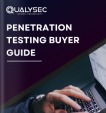
Conclusion
With the rapid expansion of technological organizations in the UAE, it is now a priority to ensure sensitive information is protected. As a result, the UAE Information Assurance Regulation (IAR) sets some guidelines that every organization needs to meet to keep sensitive data secure. The IAR framework, based on international standards like ISO 27001 and the UAE Information Assurance Regulation (IAR) audit services ensures that these requirements are met.
Regular audits and penetration testing are key in achieving this compliance as these processes flesh out the vulnerabilities present in an organization’s security measures. By selecting the right audit service provider with the necessary experience, expertise, and support, businesses can effectively ensure they comply with the UAE IA Regulation.
FAQ
Q: Who should comply with UAE IA Regulation?
A: According to the UAE IA Regulation, all federal and local government entities, along with critical infrastructure operators, such as telecommunications, energy, transportation, and private sector companies are all required to comply with the UAE IA Regulation.
Q: How can my organization prepare for an IAR audit?
A: Follow these steps to prepare for an IAR audit:
- Understand the specific IAR requirements
- Conduct a security gap analysis
- Develop a compliance plan
- Implement security controls based on the gap analysis
- Perform risk analysis
- Conduct employee awareness
- Choose the right UAE IAR audit provider
- Prepare the necessary documentation
Q: How does UAE IAR improve my business’s security?
A: UAE IAR includes conducting vulnerability identification and fixing (for example penetration tests). This, therefore, helps in enhancing the overall security posture of your business.
Q: What are the key requirements of UAE IA regulation?
A: There are several key requirements of UAE IA regulation, such as:
- Implement and maintain information security measures.
- Identify and assess risks and implement robust security controls.
- Comply with sector-specific IAR requirements, such as security controls to address sector-specific risks.
- Monitor and review the implemented controls constantly
- Create an information security incident management policy to find and mitigate cyber risks.
Q: What roles do third-party vendors and cloud providers play in UAE IAR compliance?
A: Third-party vendors and cloud providers play a crucial role in UAE IAR compliance by ensuring that their services and products adhere to the IAR security requirements. Additionally, they help protect sensitive data and mitigate potential risks associated with outsourcing and cloud computing.

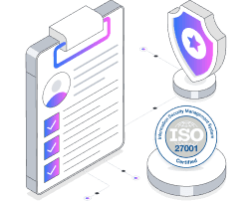



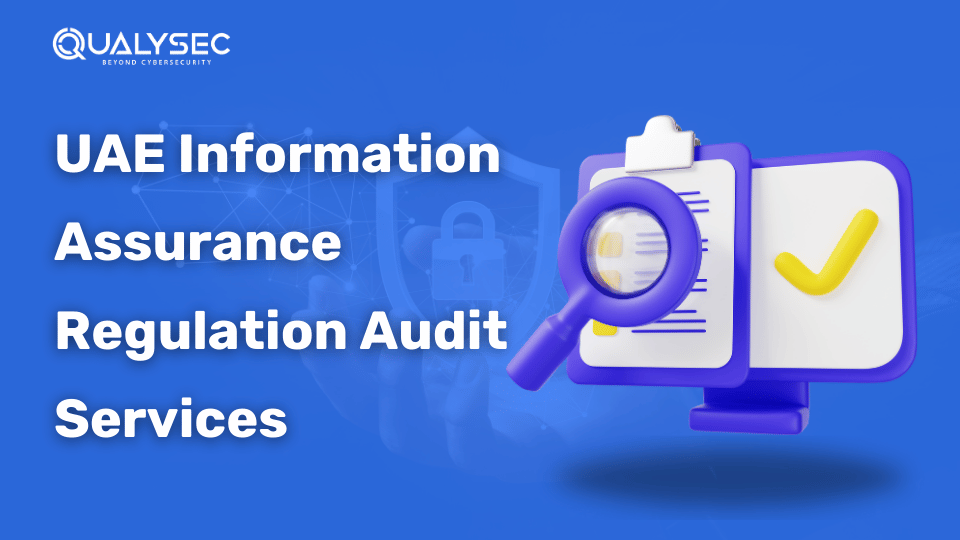
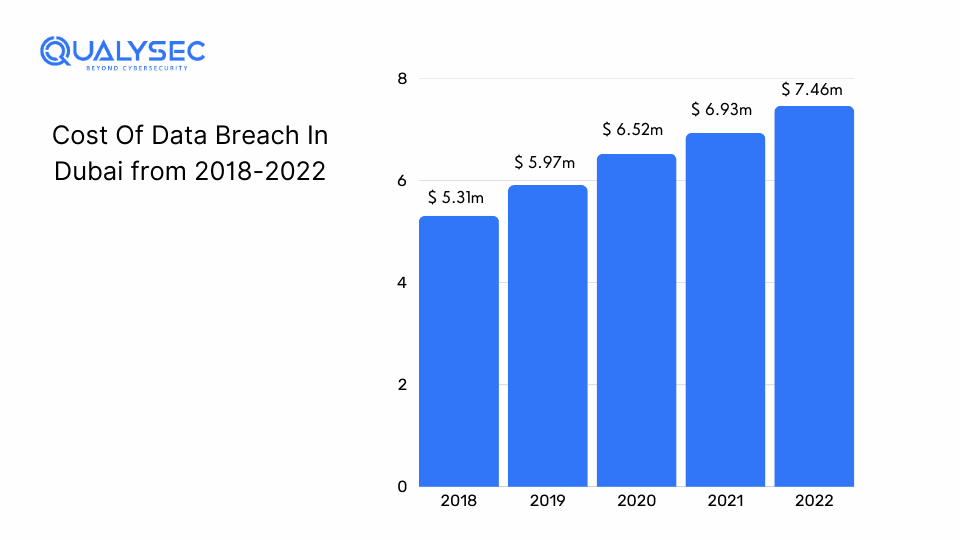
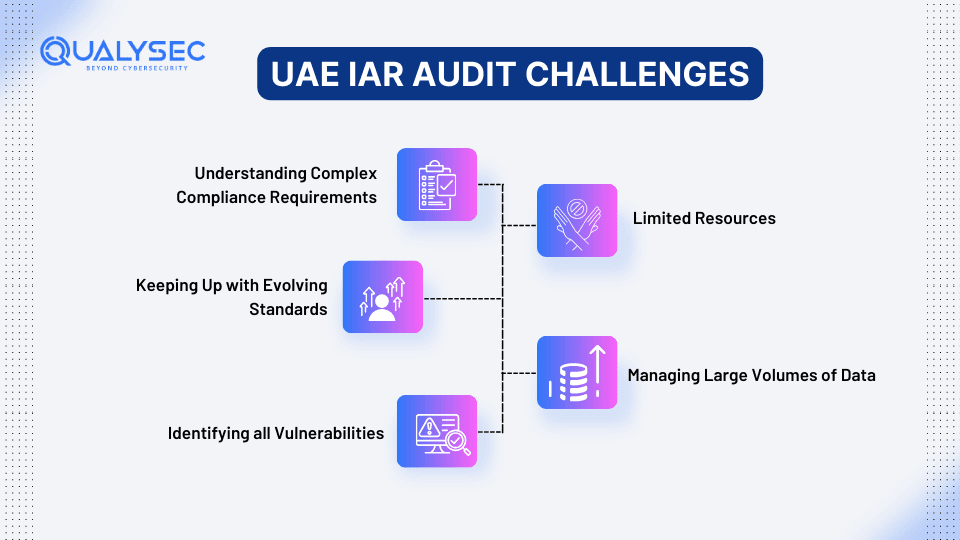


























































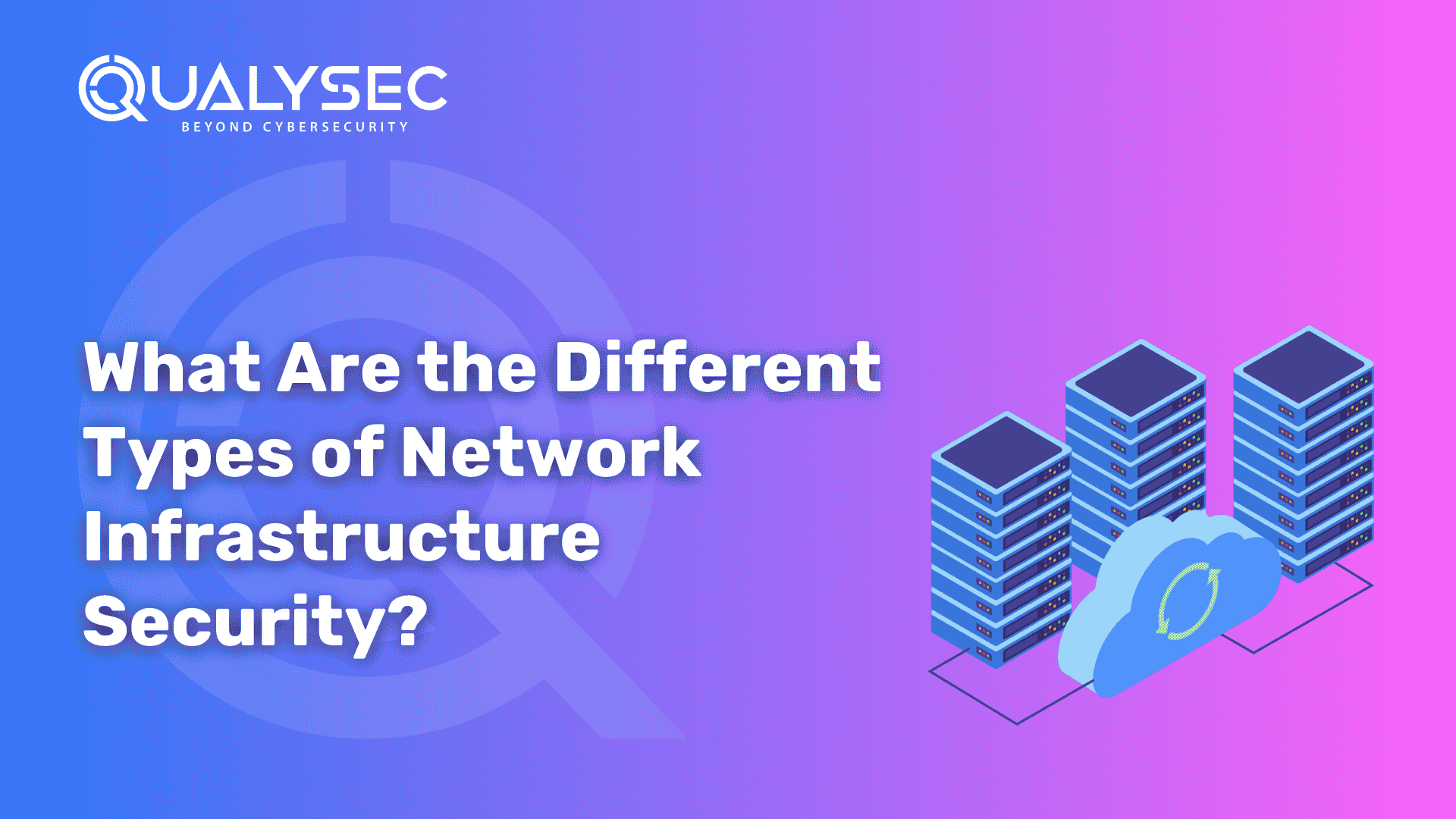















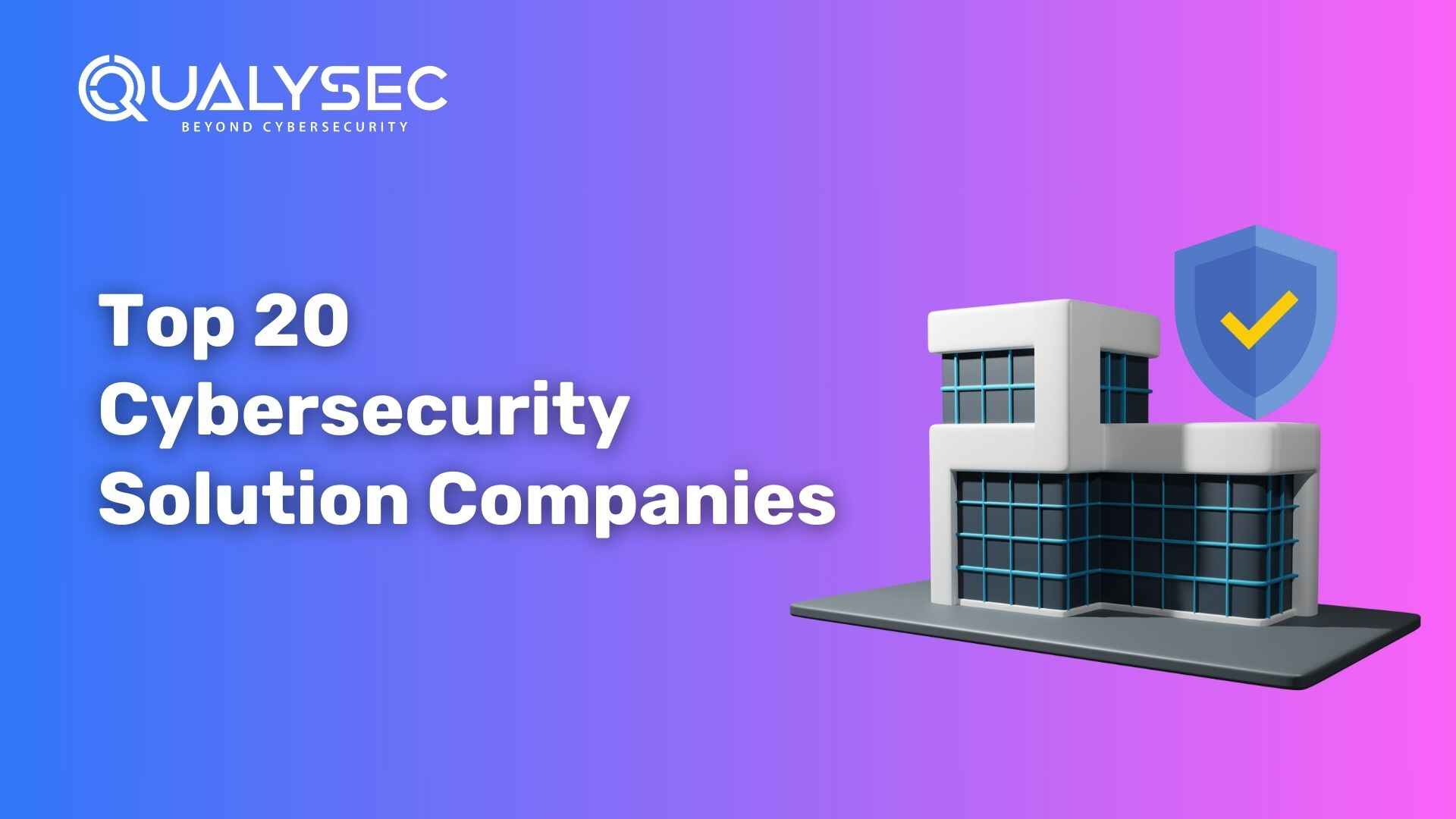
























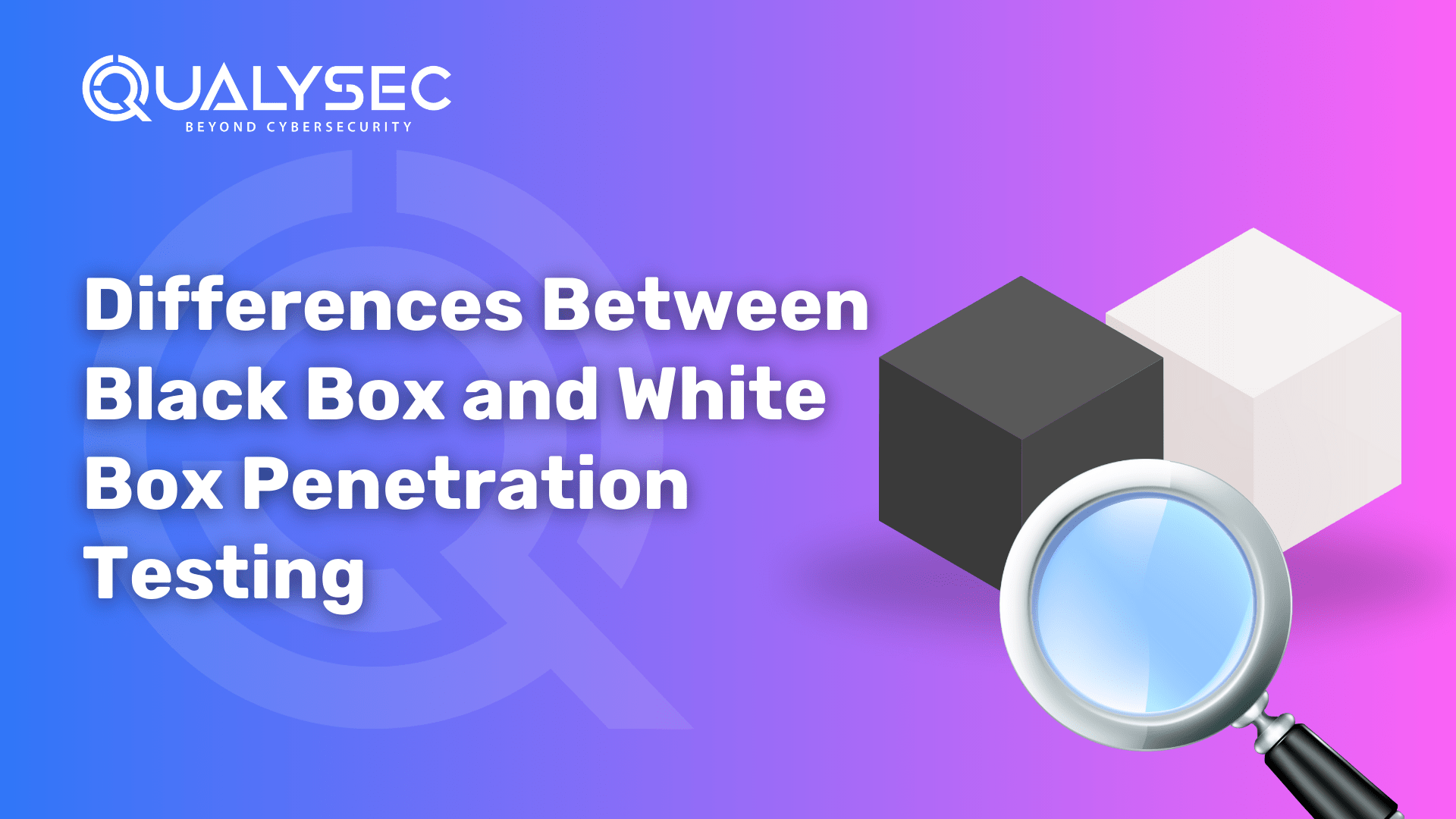






























































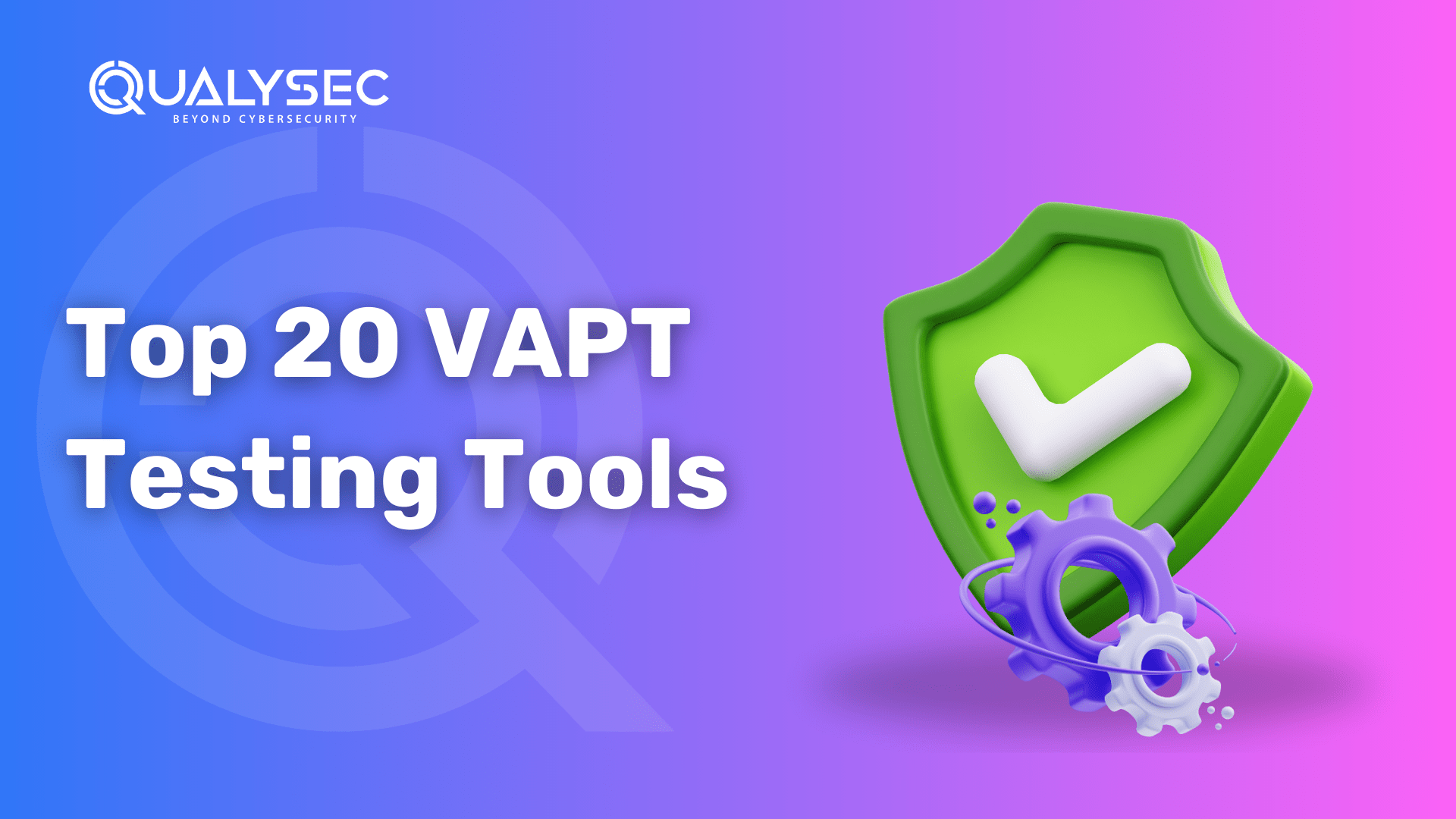







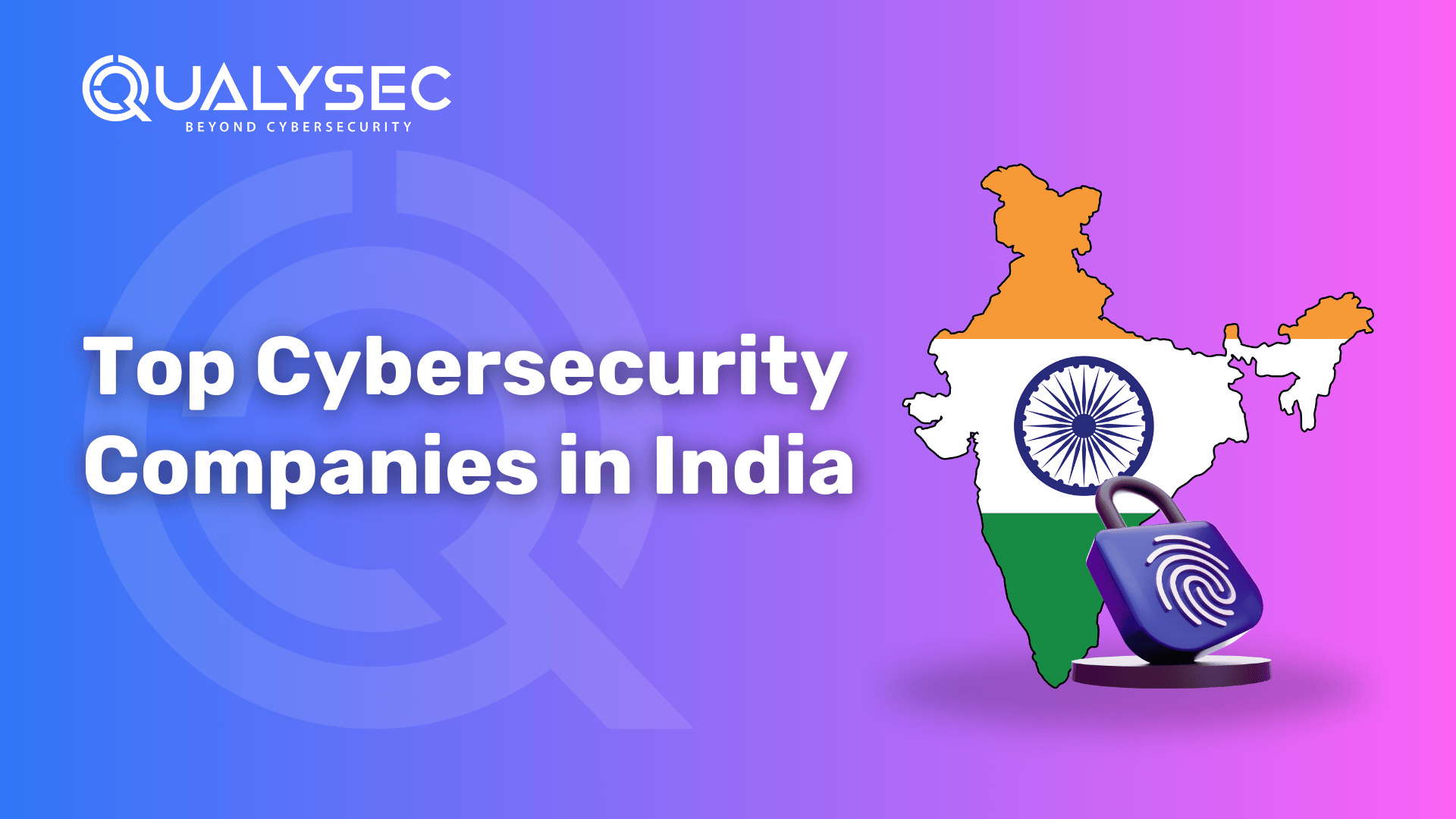
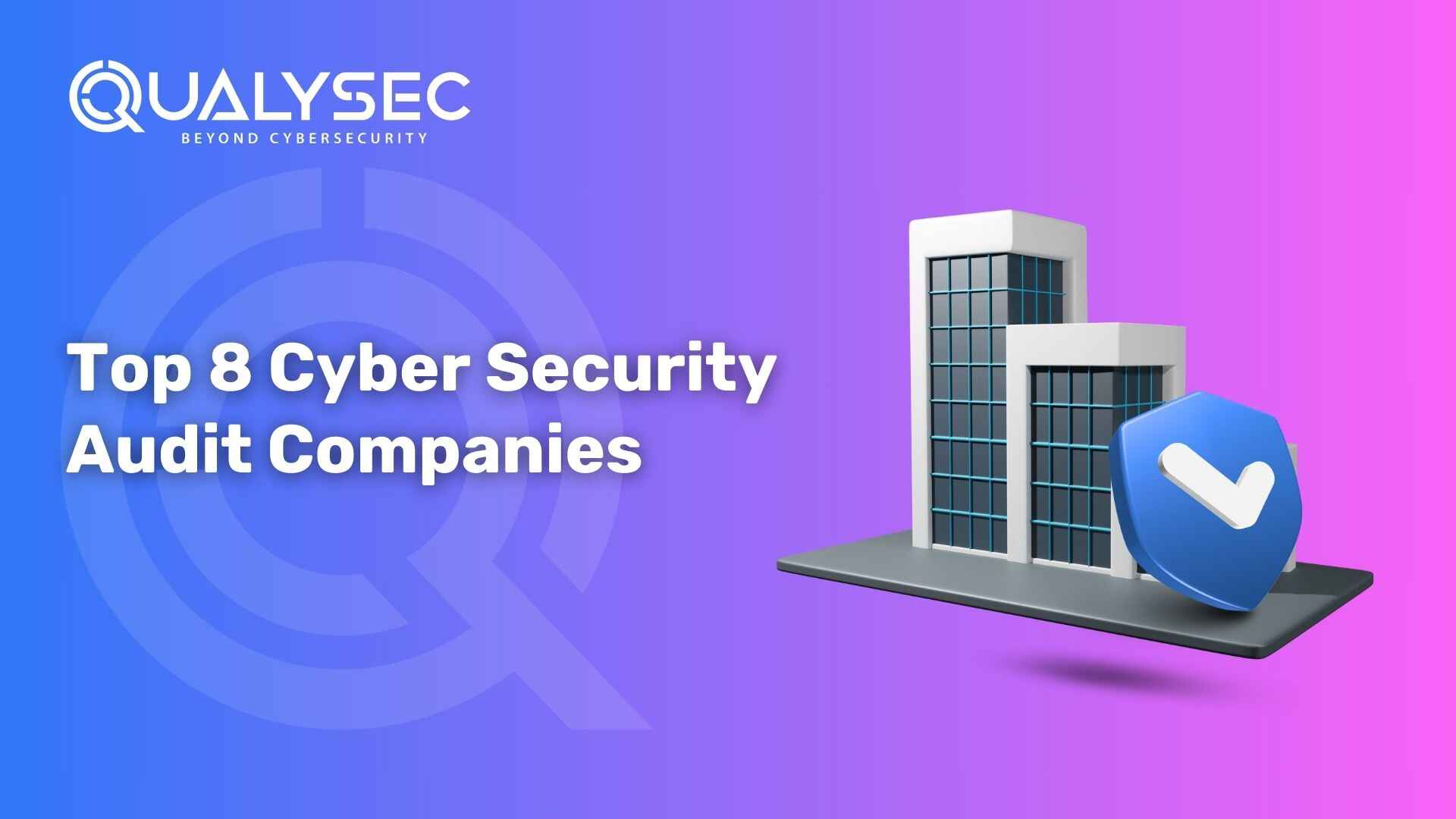

















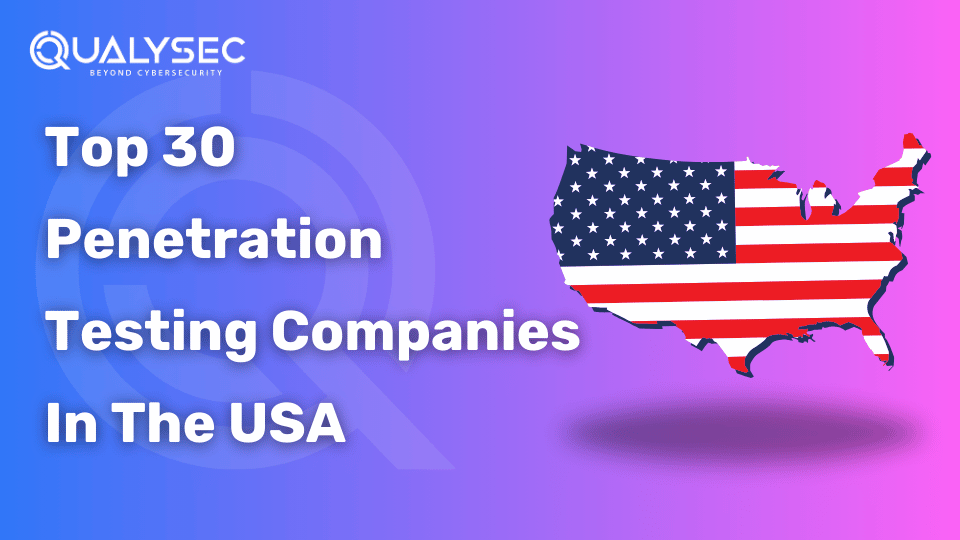
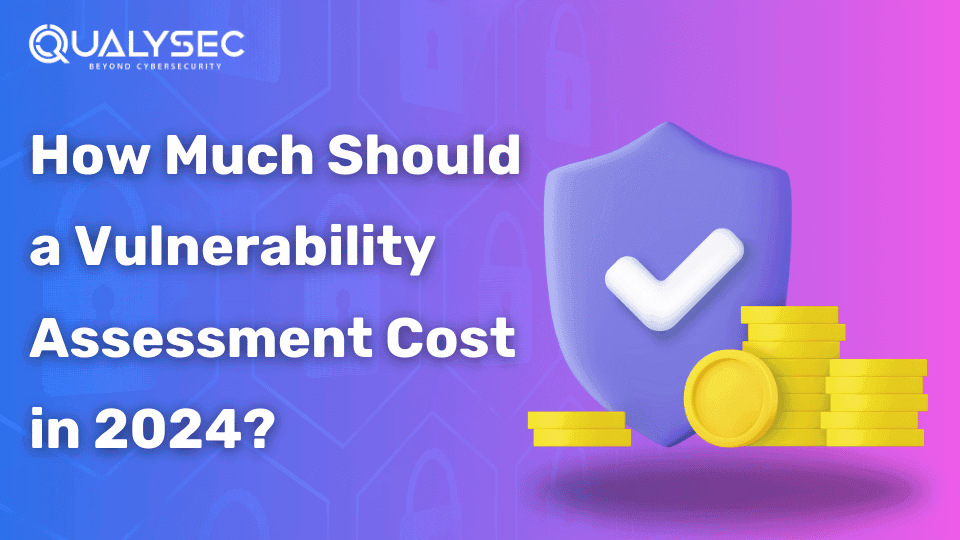








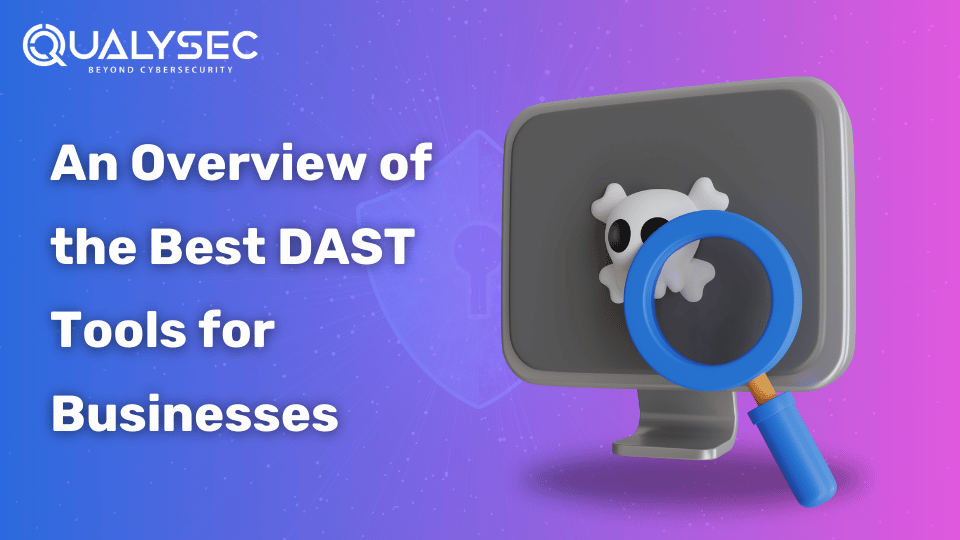










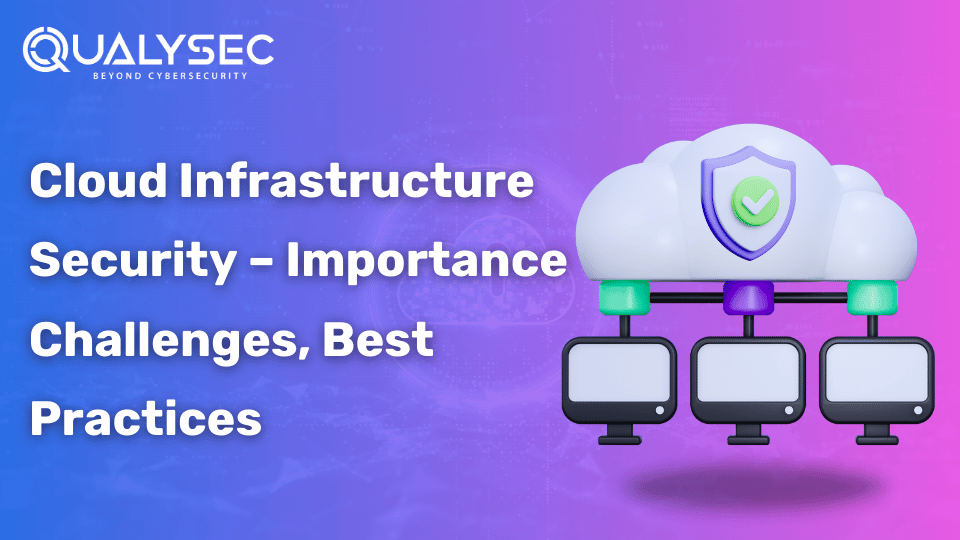

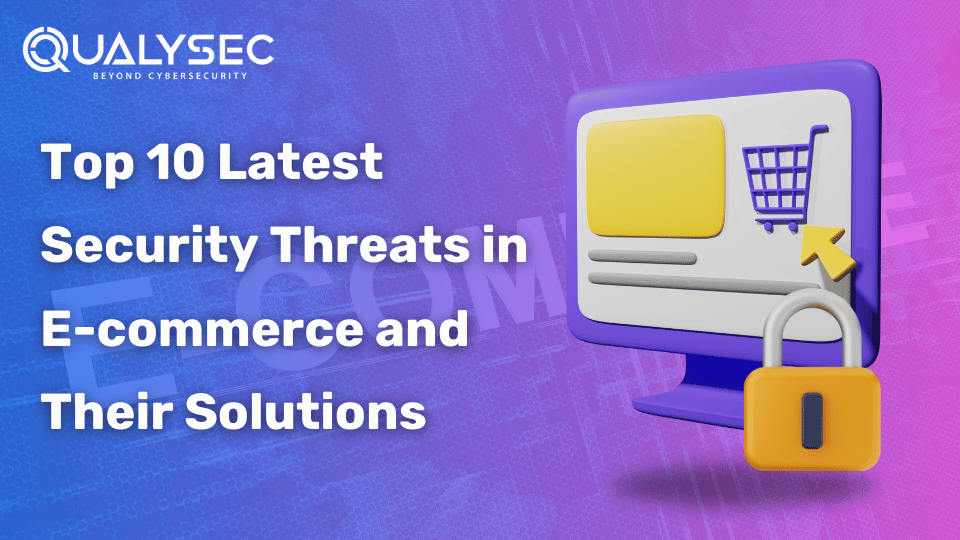
















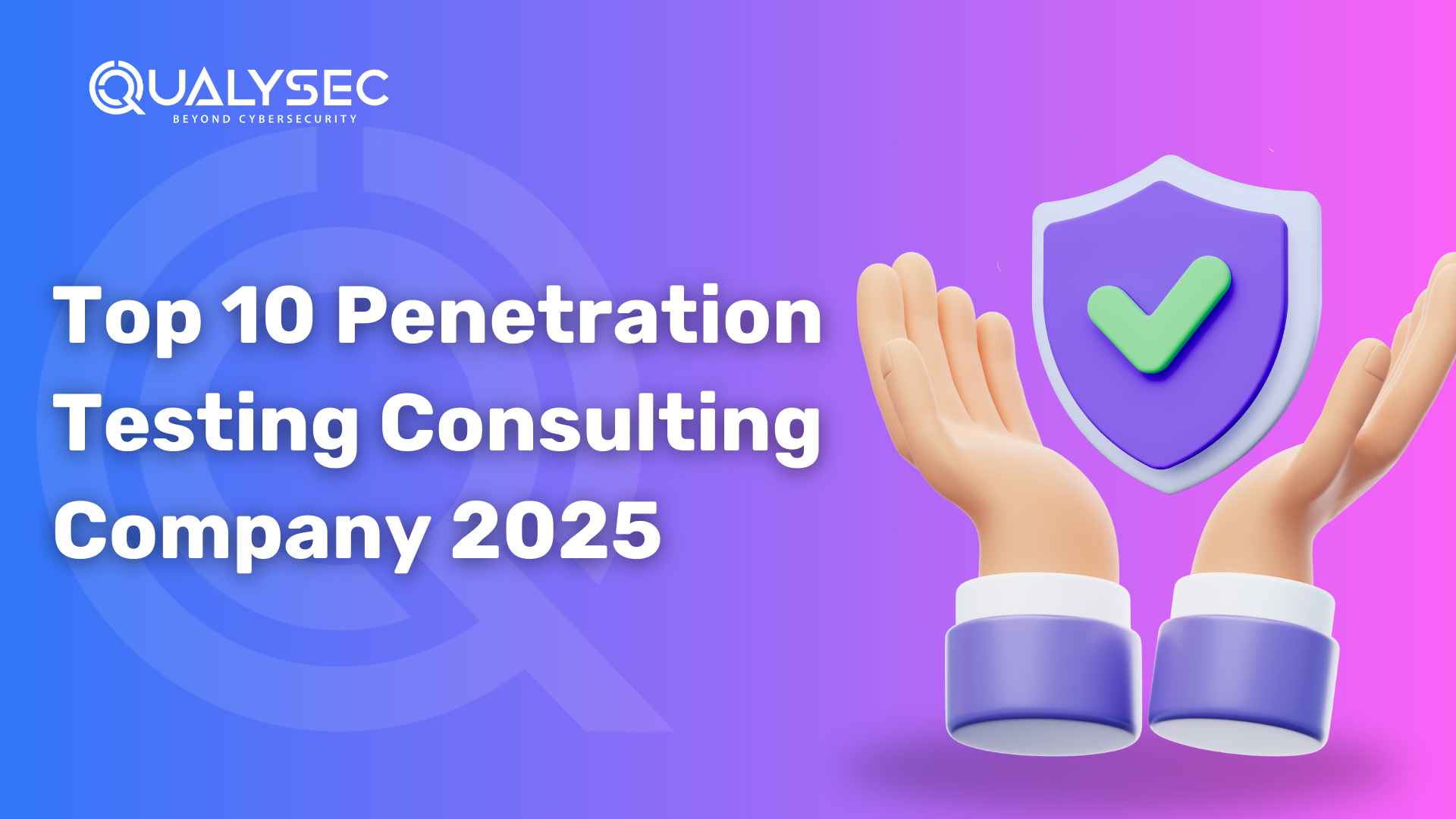
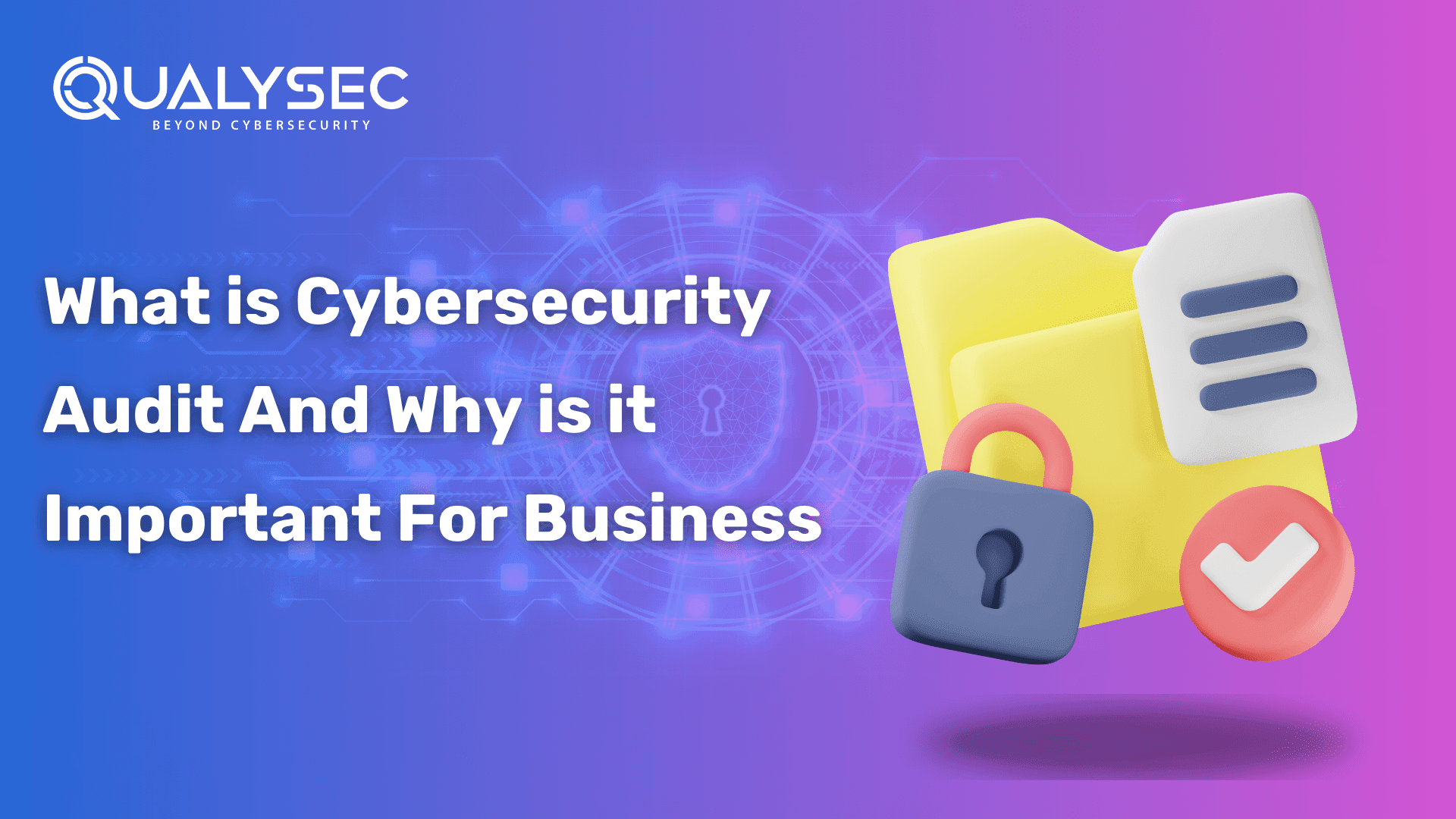
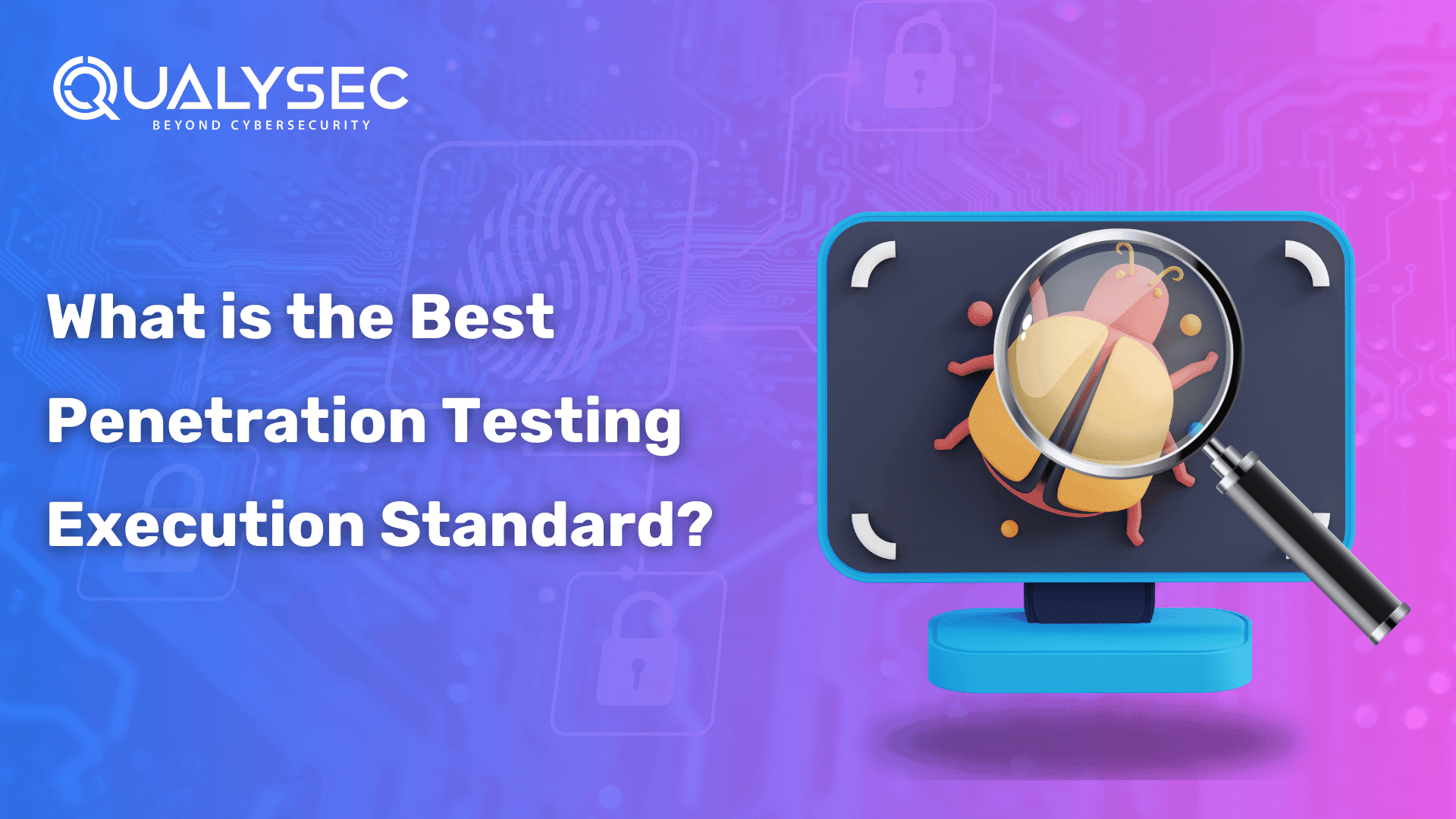





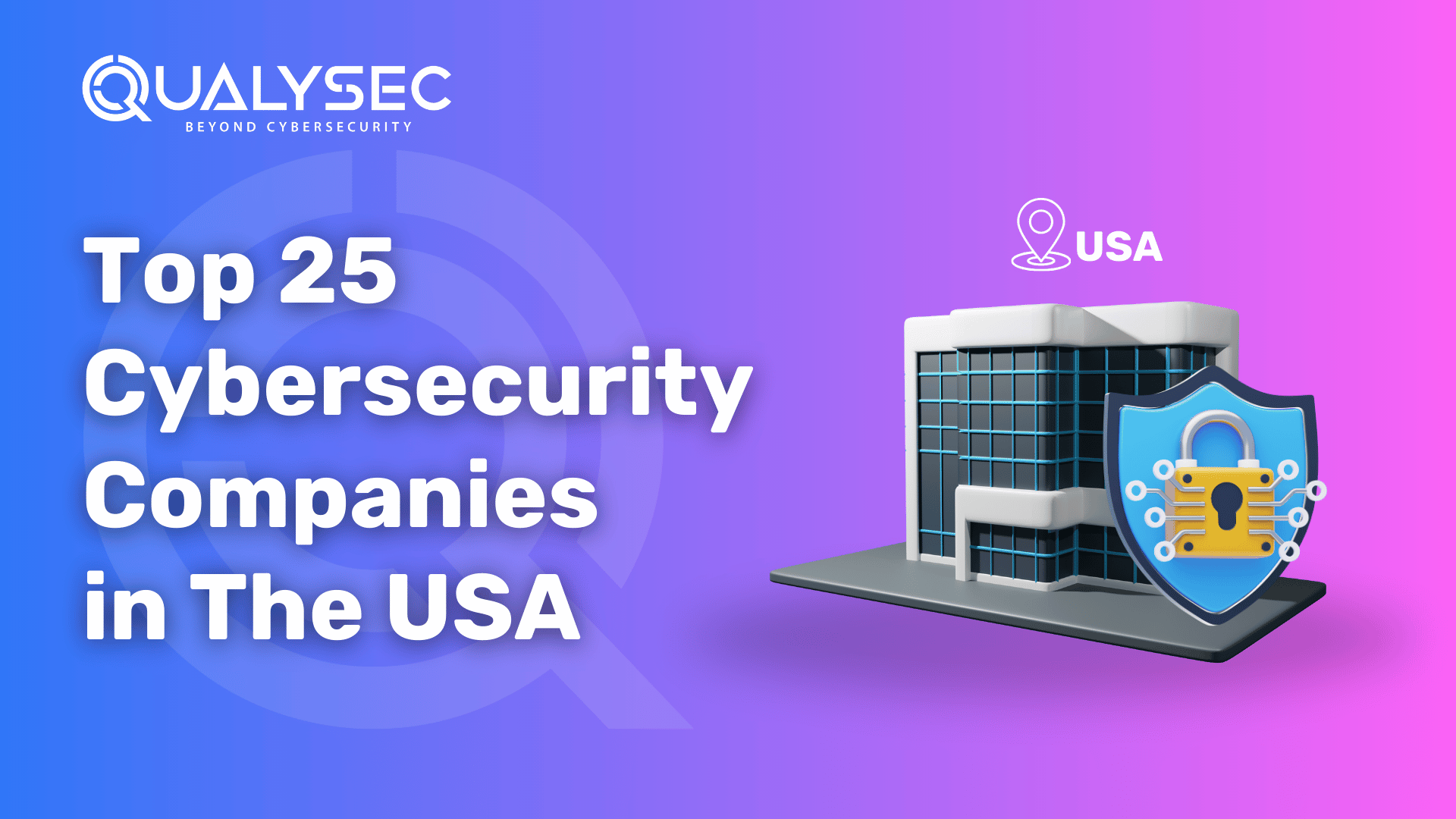
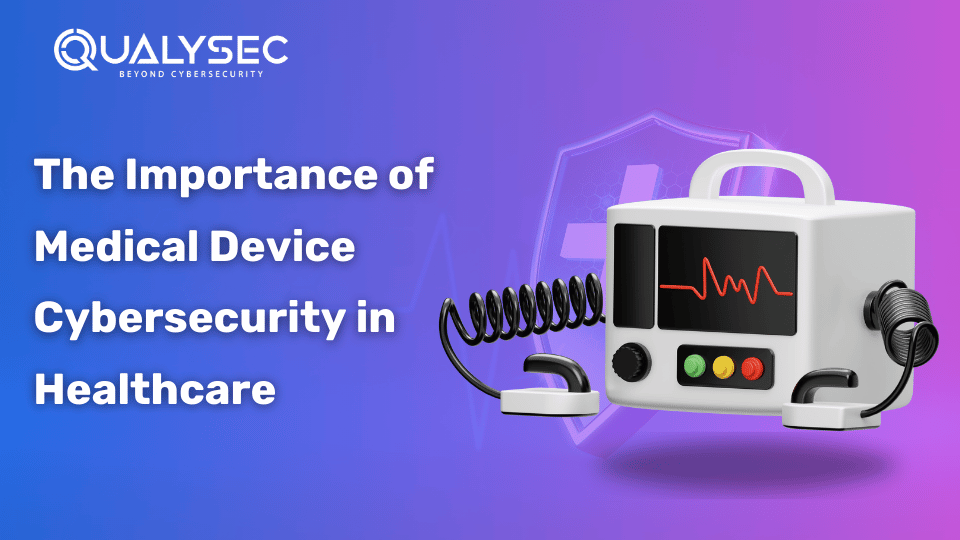




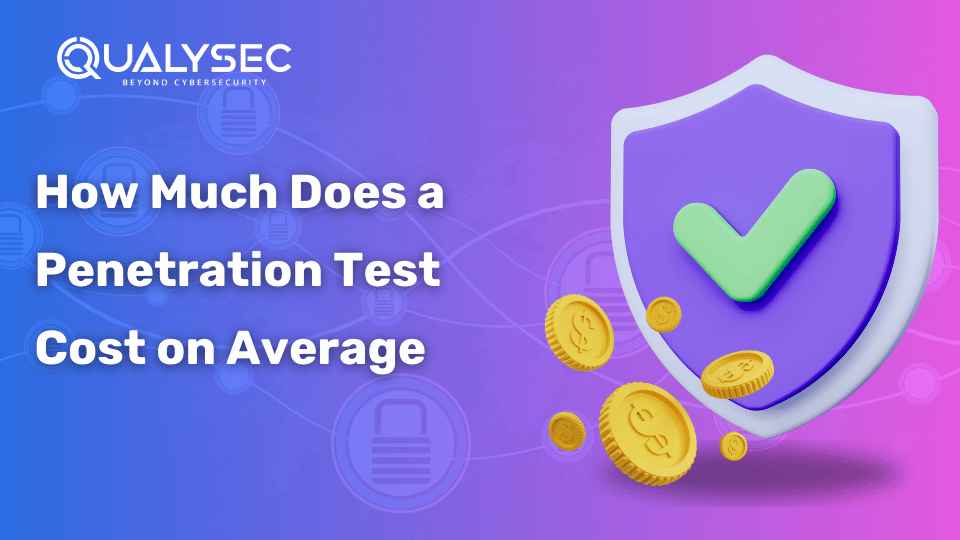



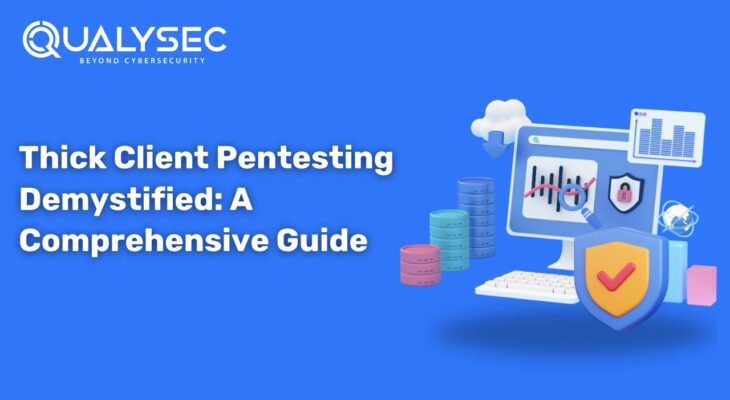





































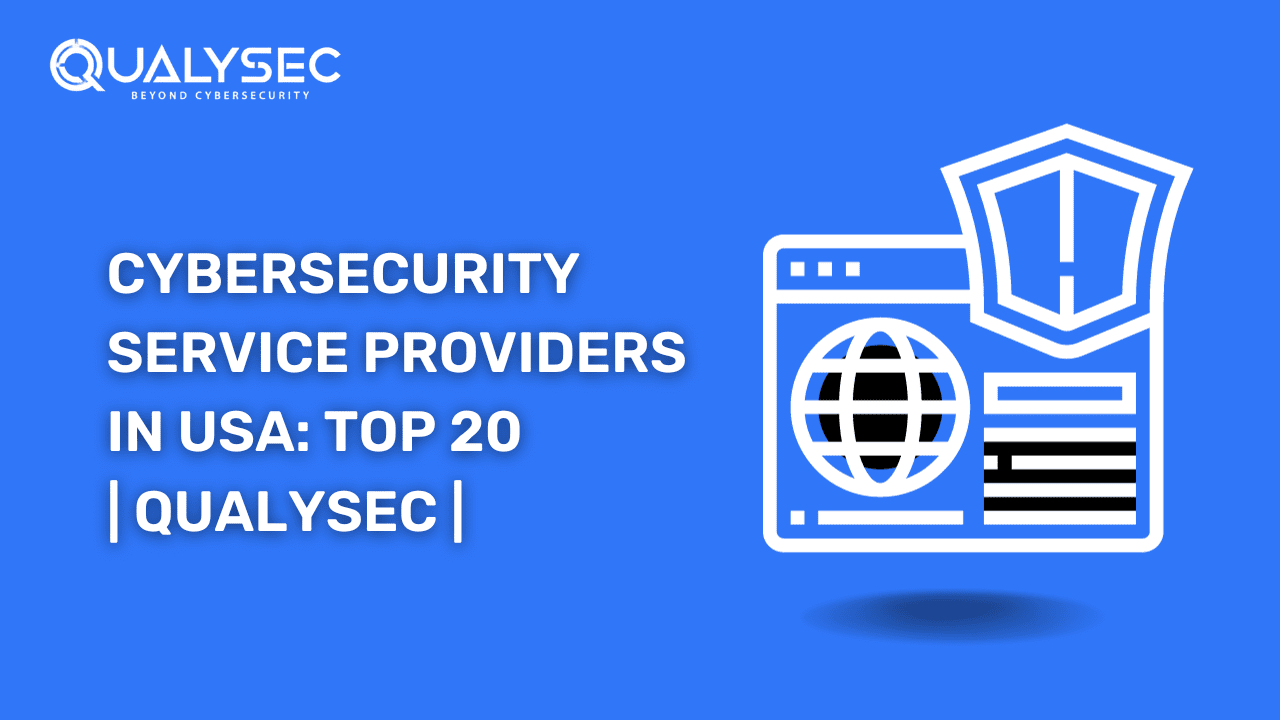













































































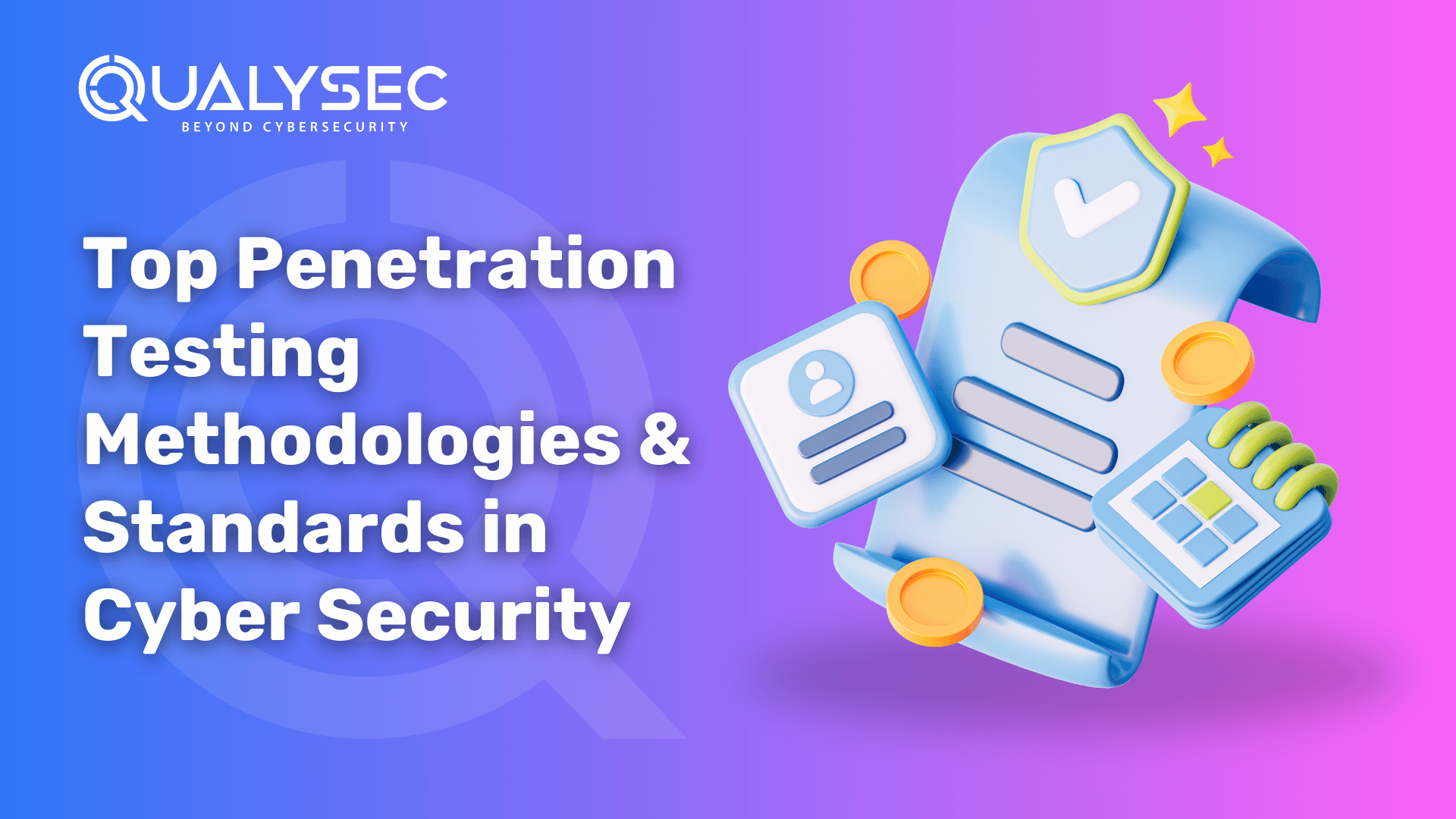











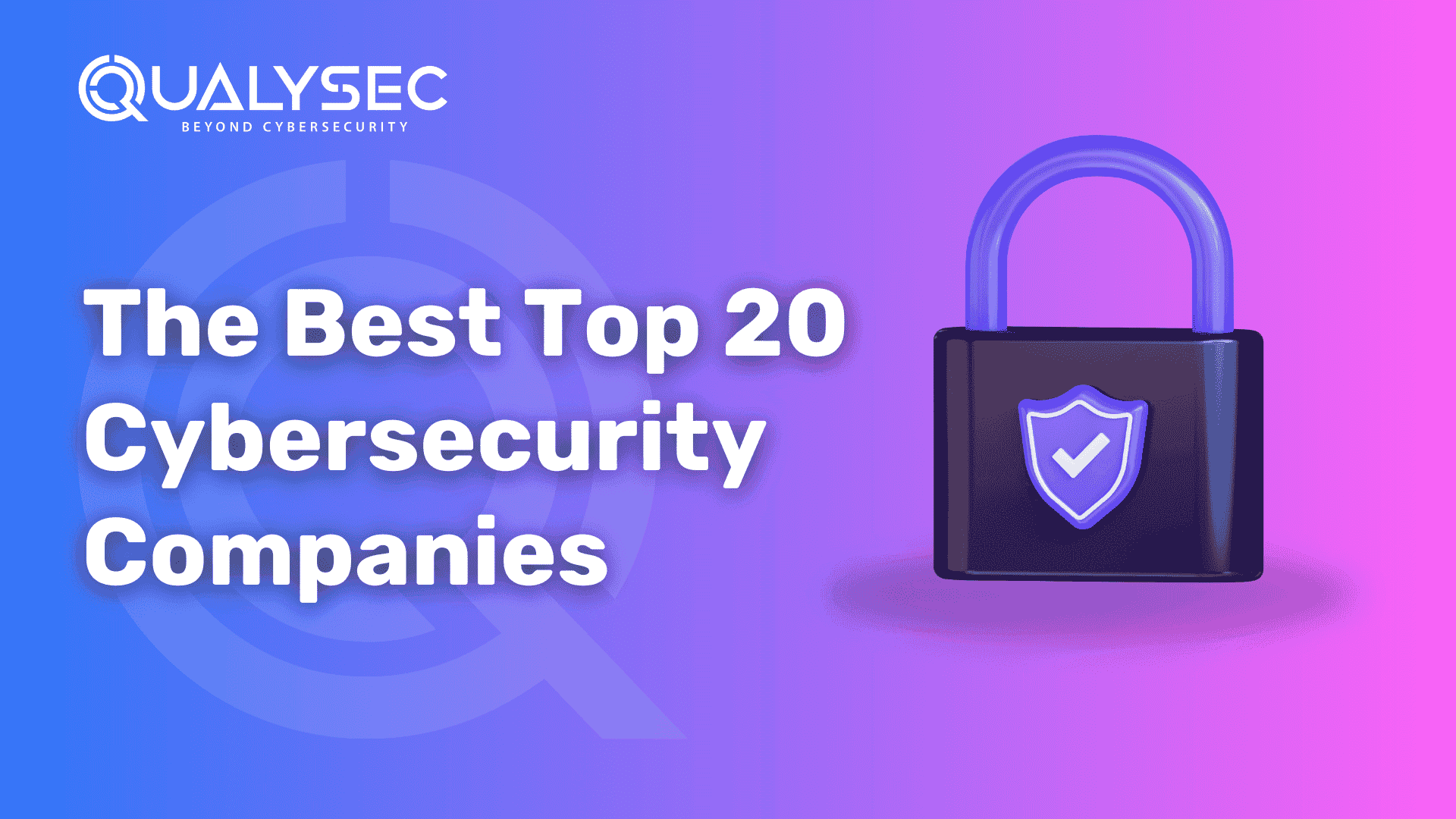
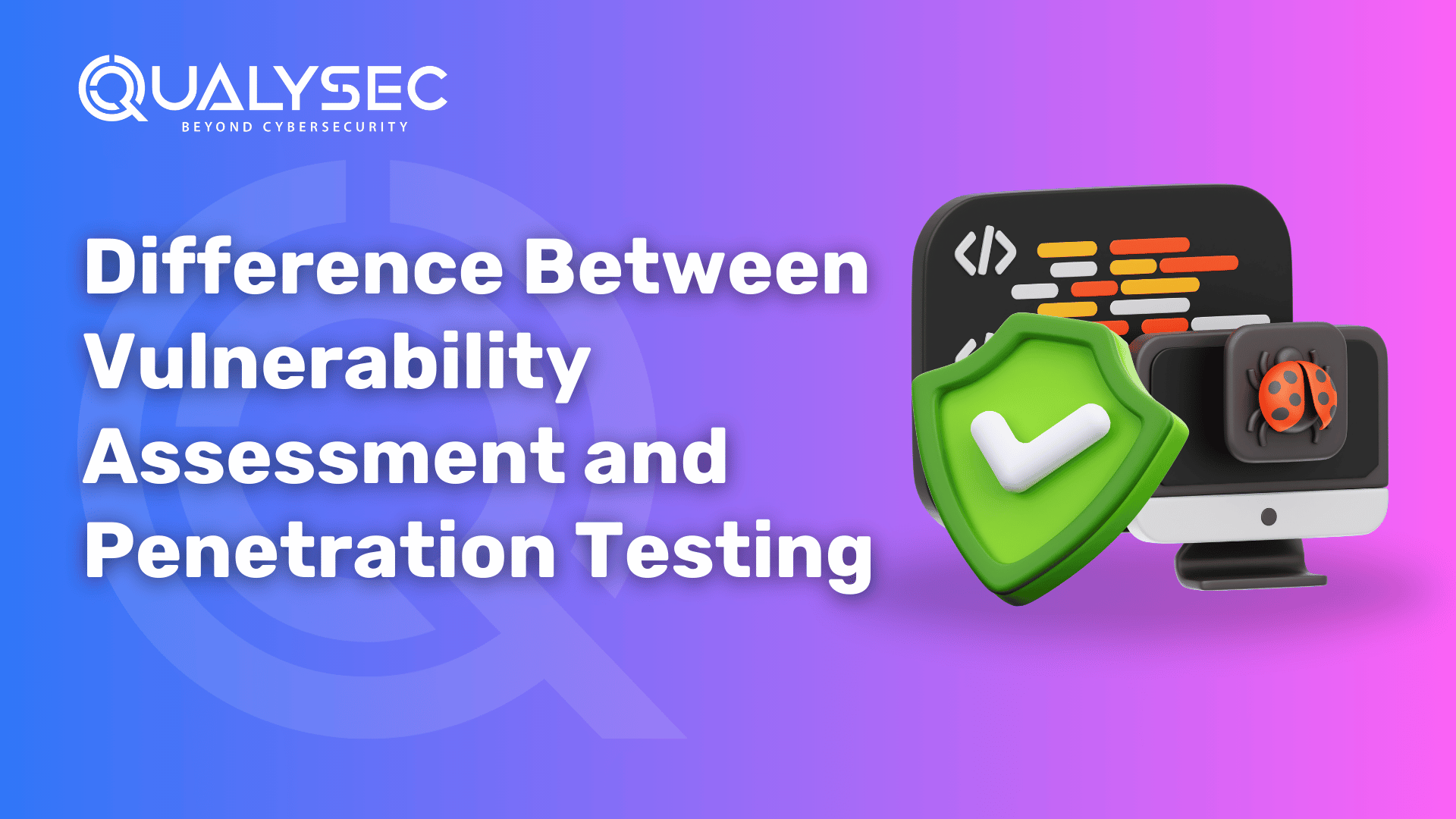


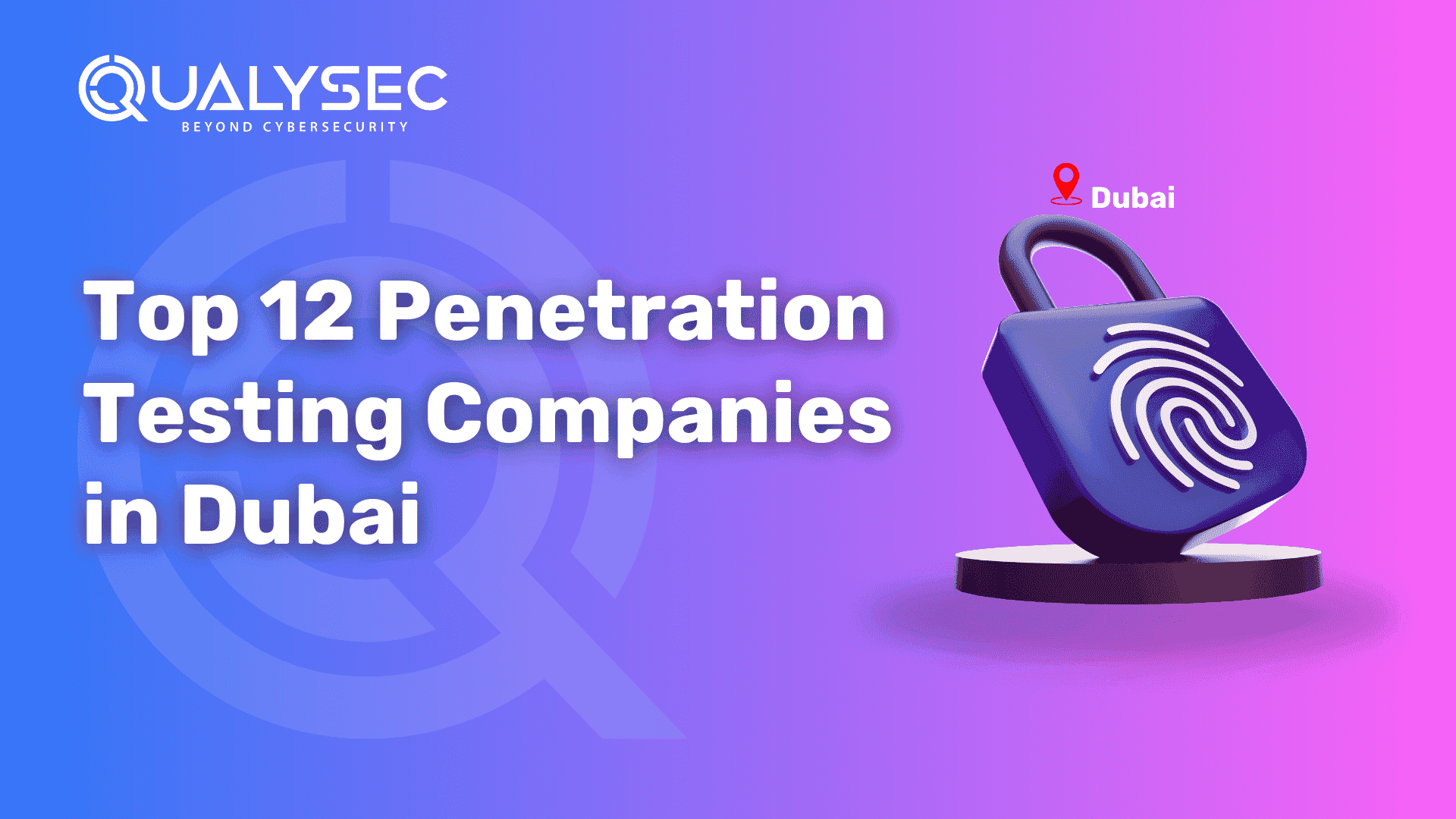

















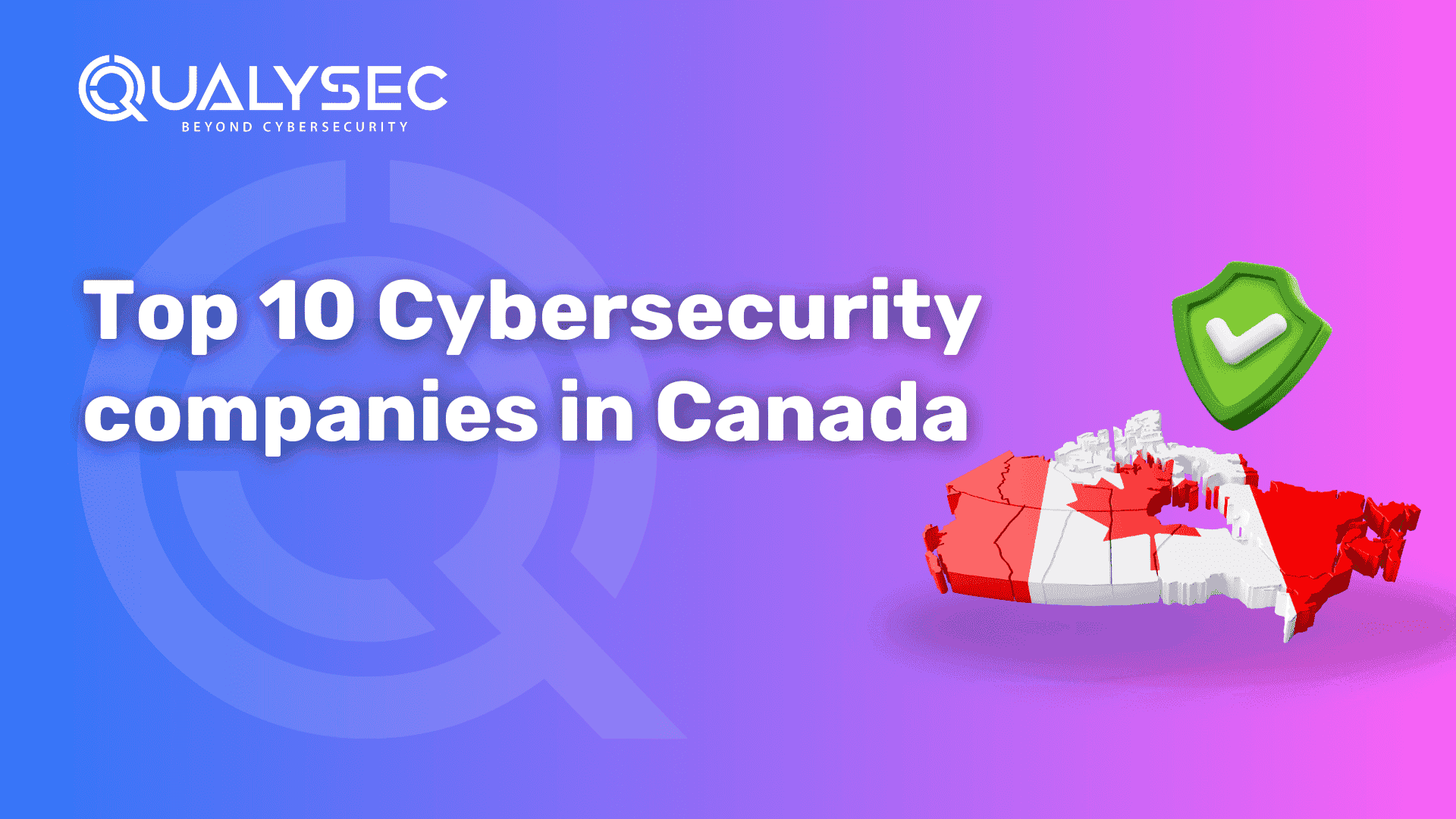













































































0 Comments